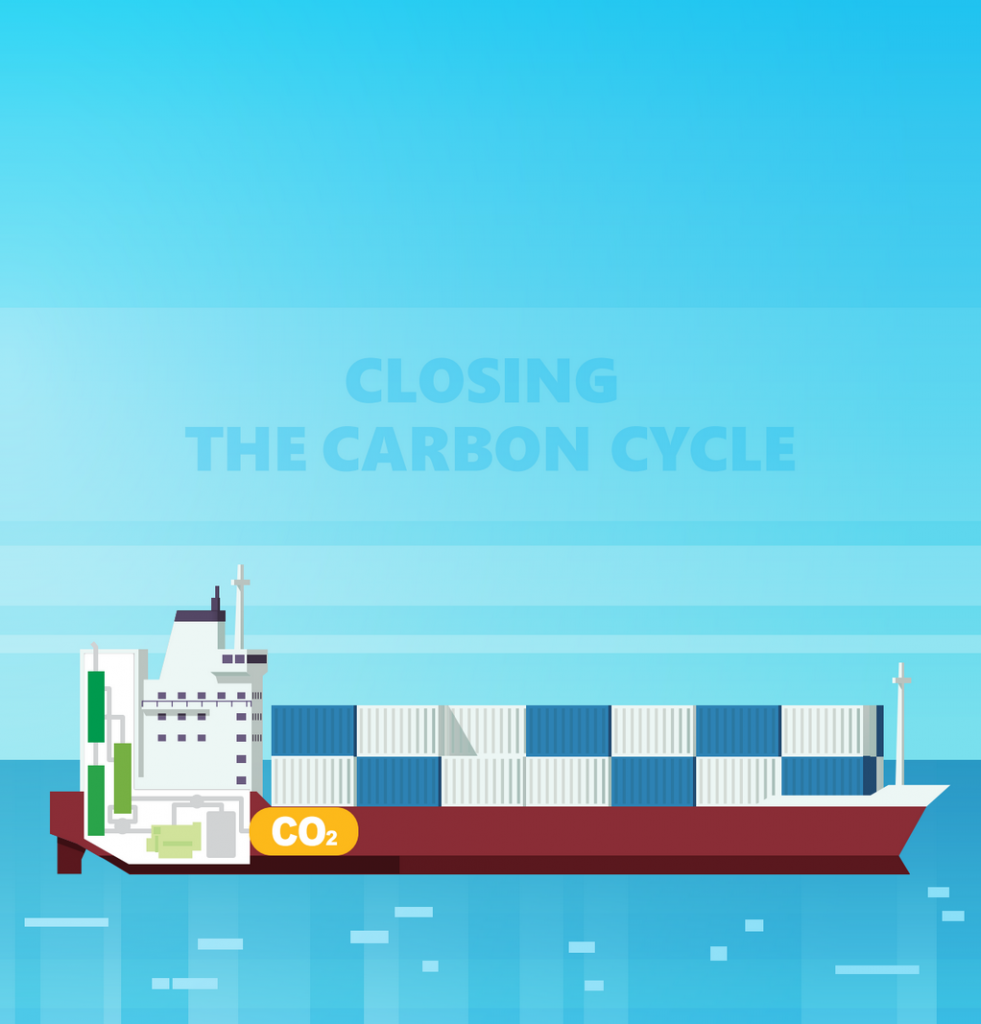ClassNK has released the Guidelines for Ships Using Alternative Fuels (Edition 3.0). In addition to safety requirements for ships using methanol, ethanol, LPG, and ammonia as fuel, this edition newly adds requirements related to hydrogen-fueled ships, providing guidance for the design of alternative-fueled ships.
The guidelines describe safety requirements for alternative-fueled ships including requirements for installation, controls, safety devices, etc., thus aiming to minimize the risks to ships, seafarers and the environment posed by the use of alternative fuels.
The provisions of its rules including part GF of its ‘Rules and Guidance for the Survey and Construction of Steel Ships’ incorporating the IGF Code, are taken as the basic requirements. Based on the deliberations at the IMO Subcommittee on Carriage of Cargoes, held in 2023, and the knowledge gained from design reviews conducted by ClassNK to date, additional requirements corresponding to the physical properties of hydrogen fuel and assumed hazards are newly established as Part D. Specifically, it includes requirements that contribute to the safety of hydrogen-fueled ships, such as points of consideration for preventing explosions due to the ease of ignition of hydrogen and impacts on seafarers and the environment due to hydrogen fuel leakage.
Tags: Alternative Fuels, Class NK, Hydrogen



Recent Posts
Scandlines Nears Delivery of Zero Emissions Ferry Following Successful Sea Trials
India faces emission roadblocks with rising net-zero demands
Green Energy Resources invests in two electric Liebherr LHM 550
NYK Launches Continuous Use of Bio LNG Fuel on Car Carriers to Advance Decarbonization Goals
Yang Ming Expands Fleet with Methanol and LNG Dual-Fuel Vessels Under Fleet Optimization Plan
ClassNK Advocates Speed Gap Monitoring to Optimize Fuel Efficiency in Heavy Weather
Wärtsilä’s retrofit package for the Corsica Linea ferry Pascal Paoli has resulted in fuel savings of up to 22 percent Corsica Linea
COSCO Shipping Names Second Methanol Dual-Fuel Containership in Yangzhou